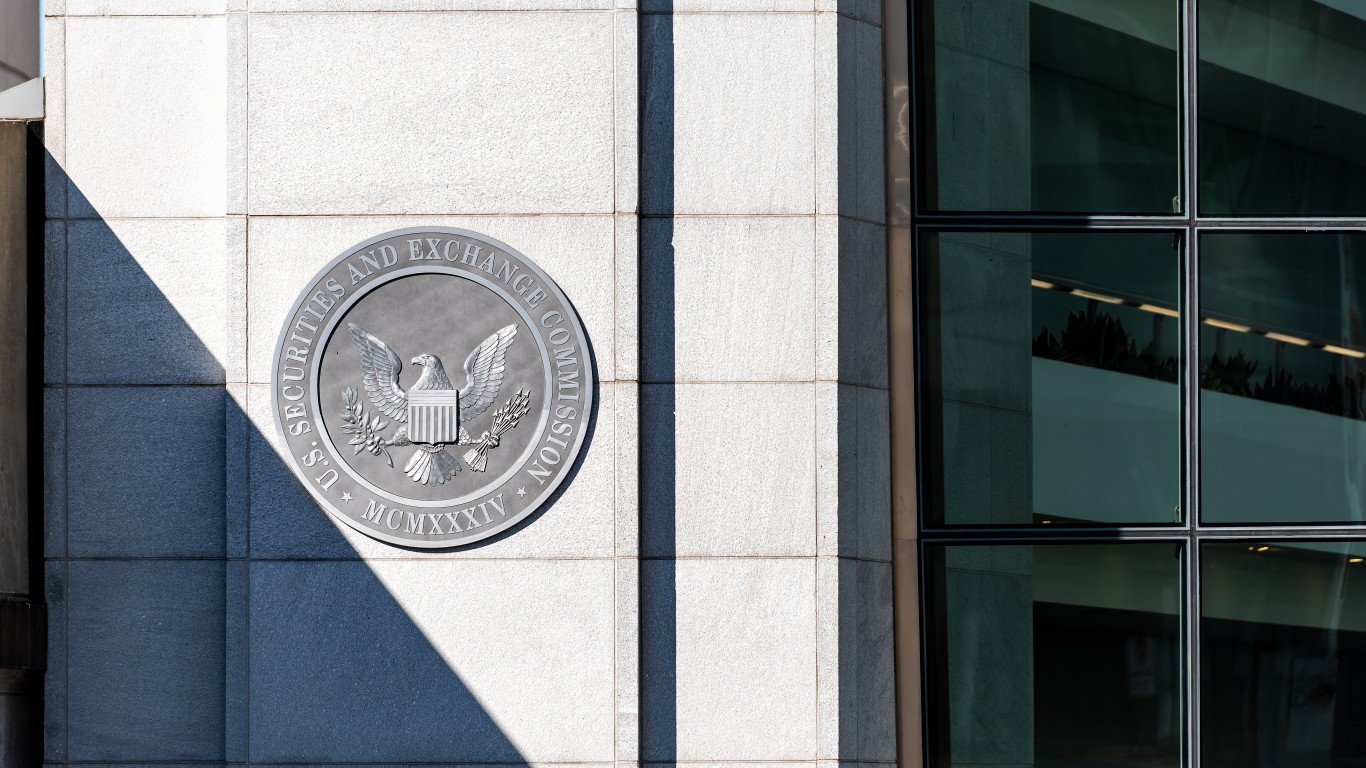

A recent filing revealed that the Securities and Exchange Commission (SEC) asked Twitter to reveal more detailed information on its handling of bots. Specifically, how Twitter calculates the percentage of fake accounts spamming the social media platform.
SEC Sought Info on Twitter’s Fake Accounts
On June 15th, the SEC asked Twitter’s CEO Parag Agrawal to explain how they calculate bots’ footprint on the platform. This is the stumbling block that made Elon Musk cancel his $44 billion Twitter acquisition. After all, the worth of a social media platform lies in its user count.
If the number of fake accounts is much greater than what Twitter claims, the company’s acquisition valuation could be adjusted accordingly. In response to the SEC’s June letter, Twitter put the spam accounts figure at 5%, by which the company still stands and which Elon Musk disputes.
Today’s SEC disclosure reveals that the agency too was seeking more information on the subject, just like Musk. However, the request for extra information doesn’t dispute Twitter’s 5% figure as invalid. Likewise, there is no suggestion that the SEC will seek legal action, such as a subpoena, to force Twitter to reveal how it got to that percentage.
SEC Used Twitter’s Record to Point Out a Discrepancy
In addition to clarifying Twitter’s methodology for the 5% bot figure, the SEC also asked Twitter how it spotted a monetizable daily active user (mDAU) error. Although Twitter reported this error this year, it occurred three years ago when Twitter had 77% fewer mDAUs.
In the now revealed letter, the agency seems to be confused as to how such an important metric would have persisted for so long.
“Given that the error persisted for three years, please tell us how you concluded there was not a material weakness in your internal control over financial reporting and that your disclosure controls and procedures were effective as of March 31, 2022,”
The SEC to Twitter
Twitter responded by noting this happened because the system couldn’t recognize linked accounts as single ones. Therefore, even if only the primary account was active, the system counted all linked accounts as unique mDAUs. According to Twitter, the error represented less than one percent of the mDUA figure.
“the overstatement represented less than one percent of mDAU for each of the quarters from the fourth quarter of 2020 through the fourth quarter of 2021.”
Twitter to the SEC
However, just one day before the SEC’s disclosure came to light, a Twitter whistleblower indicated that the company should not be trusted.
Whistleblower Can Bolster Musk’s Case Against Twitter
Yesterday, former Twitter security chief Peiter Zatko, going by the white hat moniker “Mudge”, came out against his former company. He described Twitter’s handling of data collection, privacy, and content moderation as “extreme, egregious deficiencies”.
On top of that, Zatko claims that Twitter CEO Agrawal lied to Elon Musk about the bot problem. He further noted that Twitter executives lack incentives to address spam accounts. Agrawal responded by besmirching Zatko as having “ineffective leadership and poor performance.”
In the meantime, Elon Musk called for more Twitter whistleblowers to come out. He cited the Washington Post’s reporting on four more Twitter insiders. They revealed that the company has an internal monitoring system on the prevalence of bots, but failed to disclose it.
“So spam prevalence *was* shared with the board, but the board chose not disclose that to the public …”
Elon Musk in response to the Washington Post story
This appears to bolster Musk’s claim that Twitter is hiding staff that calculate bot data. As a result, his legal team may end up with extra ammo for the upcoming court battle in October. Although there is no single billionaire that has had more trouble with the SEC than Musk, the agency may probe further after the whistleblower’s revelations.
Whatever the case may be, Twitter shares are already feeling the brunt. Over the last week, TWTR dropped by -9%, from $44.35 on August 8th to $40.18 at press time.
This article originally appeared on The Tokenist
Essential Tips for Investing: Sponsored
A financial advisor can help you understand the advantages and disadvantages of investment properties. Finding a qualified financial advisor doesn’t have to be hard. SmartAsset’s free tool matches you with up to three financial advisors who serve your area, and you can interview your advisor matches at no cost to decide which one is right for you. If you’re ready to find an advisor who can help you achieve your financial goals, get started now.
Investing in real estate can diversify your portfolio. But expanding your horizons may add additional costs. If you’re an investor looking to minimize expenses, consider checking out online brokerages. They often offer low investment fees, helping you maximize your profit.
Thank you for reading! Have some feedback for us?
Contact the 24/7 Wall St. editorial team.



